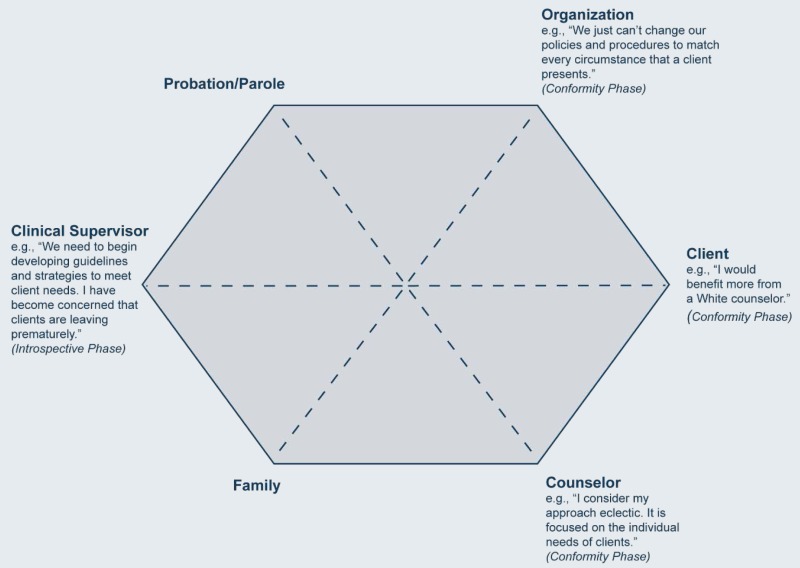Tag: continuous legal education
Strategic Guidance: Essential Legal Counselor Tips

Strategic Guidance: Essential Legal Counselor Tips
Legal counselors play a pivotal role in providing clients with expert advice and navigating the intricacies of the legal landscape. This article explores key tips that legal counselors can employ to enhance their effectiveness and provide valuable assistance to those seeking legal guidance.
Building Trust and Rapport
The foundation of a successful legal counseling relationship is built on trust and rapport. Legal counselors should prioritize establishing open communication and fostering a trusting relationship with their clients. By creating an environment where clients feel heard and understood, counselors lay the groundwork for effective collaboration.
Clear and Transparent Communication
Effective legal counseling relies on clear and transparent communication. Legal counselors should articulate complex legal concepts in a way that clients can understand. Keeping clients informed about the progress of their cases, potential outcomes, and the implications of various decisions empowers them to make informed choices.
Understanding Client Objectives
Each client comes with unique objectives and expectations. A crucial tip for legal counselors is to thoroughly understand their clients’ goals and priorities. By aligning legal strategies with client objectives, counselors can tailor their approach, increasing the likelihood of achieving favorable outcomes.
Providing Realistic Expectations
Legal counselors should strive to provide realistic expectations to their clients. While optimism is important, it is equally crucial to convey potential challenges and uncertainties. Managing client expectations from the outset helps build trust and ensures clients have a realistic understanding of the legal process.
Continuous Legal Education
Staying updated on the latest legal developments is imperative for legal counselors. Continuous legal education ensures that counselors are well-informed about changes in laws, precedents, and legal strategies. This knowledge equips them to provide accurate and timely advice to their clients.
Strategic Case Management
Efficient case management is a hallmark of effective legal counseling. Legal counselors should develop strategic approaches to case management, ensuring deadlines are met, documents are organized, and court appearances are well-prepared. Proactive case management contributes to the overall success of legal representation.
Empathy and Compassion
Legal issues often come with emotional challenges for clients. Legal counselors should approach their work with empathy and compassion, recognizing the human aspect of legal matters. Understanding and acknowledging clients’ emotions fosters a supportive attorney-client relationship.
Cost Transparency and Budgeting
Transparent communication regarding legal fees is essential. Legal counselors should clearly explain their fee structures, billing methods, and potential additional costs. Providing clients with a clear understanding of the financial aspects allows for better budgeting and avoids surprises down the line.
Alternative Dispute Resolution Skills
Legal counselors should be adept at alternative dispute resolution (ADR) methods. Whether through negotiation, mediation, or arbitration, having strong ADR skills can often lead to more efficient and amicable resolutions for clients. Counselors who can navigate these processes effectively offer valuable options to their clients.
Professional Networking and Collaboration
Building a strong professional network is beneficial for legal counselors. Collaborating with other legal professionals, experts, and professionals in related fields enhances the breadth of resources available to clients. Effective networking contributes to a more comprehensive and well-rounded approach to legal counseling.
Striving for Client Empowerment
Ultimately, a key goal for legal counselors is to empower their clients. This involves not only providing legal solutions but also educating clients about their rights, options, and potential outcomes. Empowered clients are better equipped to actively participate in decision-making processes related to their legal matters.
In conclusion, these legal counselor tips encompass a holistic approach to providing expert guidance. By focusing on building trust, clear communication, understanding client objectives, and continuous professional development, legal counselors can elevate their effectiveness and positively impact the lives of those seeking legal advice.
For expert legal counseling tailored to your specific needs, visit Legal Counselor Tips.












